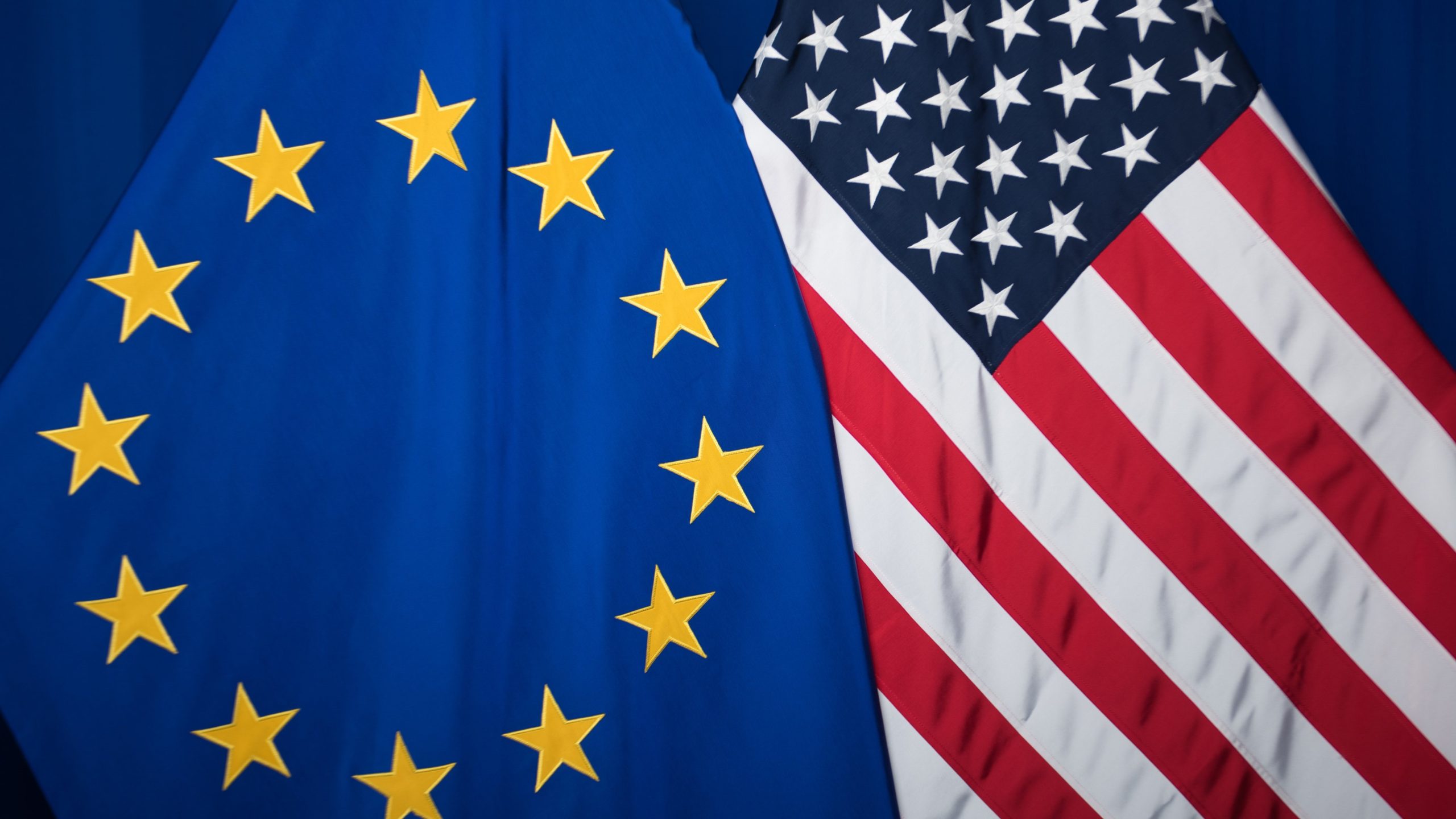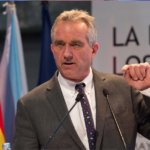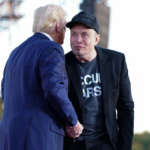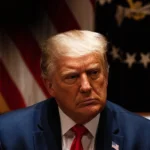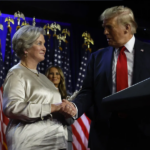European policymakers are preparing for a continuation of “America First” trade policies from the U.S., regardless of whether Kamala Harris or Donald Trump takes the White House. As the presidential race remains tight across battleground states, EU leaders are bracing for potential shifts in trade dynamics and economic policy that may impact Europe’s economies.
Anticipated Economic Nationalism
A senior European diplomat revealed that “America First” priorities are expected to dominate the next administration’s economic policies, citing a growing trend toward economic nationalism in U.S. policy. “The main concern for the Americans is the economy, and the answer will have to be more economic nationalism,” the diplomat told CNBC. With the U.S.-EU trade relationship valued at €1.2 trillion, any shift toward protectionism poses significant risks for Europe, especially as both continents remain key economic partners.
Preparedness Amid Potential Trade Conflicts
Germany’s Finance Minister Christian Lindner recently voiced concerns about possible U.S.-EU trade tensions, urging diplomatic efforts to mitigate a trade war. Speaking at the IMF annual meeting, Lindner emphasized the need to avert trade conflict, saying, “It’s not in the best interest of the U.S. to have a trade conflict with [the] European Union.”
If Trump were to return to office, further tariffs could be introduced, adding strain on European exporters. Analysts at Goldman Sachs predict that a 10% blanket tariff on European goods, as threatened by Trump, could weaken the euro by nearly 10%, posing challenges for the bloc’s competitiveness in global markets.
Differing EU Perspectives on a Potential Trump Return
Europe’s perception of the U.S. election remains mixed. Hungarian Prime Minister Viktor Orbán, for example, has openly expressed enthusiasm for a potential Trump presidency, stating he’d “open several bottles of champagne” if Trump won. In contrast, other EU leaders remain cautious, citing strategic risks in a renewed U.S. commitment to unilateralism. A Brussels-based official pointed to “pragmatism” in planning for both scenarios, while another official emphasized that Europe’s improved strategic autonomy and defense capabilities will help it adapt to shifting U.S. policies.
Europe’s Focus on Strategic Autonomy
The European Commission has been proactively working on plans to lessen dependencies on both the U.S. and China. Following an October statement, the 27 EU heads of state called for initiatives to “strengthen [the bloc’s] economic resilience” and secure a self-sustaining industrial base, reiterating the need for a robust single market. This reflects a larger EU strategy aimed at economic independence and resilience in case of further U.S. protectionism.
In the face of potential economic headwinds from shifting U.S. policies, Europe appears set to bolster its economic defenses and prepare for transatlantic trade challenges, underscoring a pragmatic approach as it awaits the election results.

